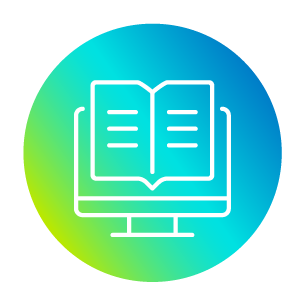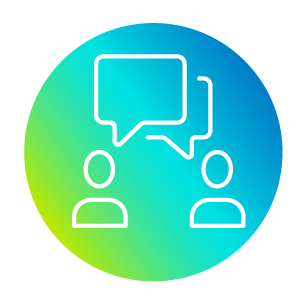CogKnow MSP
Introducing CogKnow Metacognitive Standards Prioritizer (MSP), a revolutionary cloud-based collaboration tool for prioritizing and localizing the learning needs of students
This is the first software to prioritize learning standards using sound quantitative and qualitative methodology
Cogknow MSP is a revolutionary, new cloud-based system that empowers teachers, enhances and ensures collaboration, while it identifies important educational attributes at a local level. The combination of quantitative and qualitative methodology drives a truly unique product, systematically elevating school performance through a verified, authentic process.
Making an Impact Across the Globe
The challenge: Today our schools have systematic restraints on teachers, leaders, and students that prevent high-performance learning. In our teams’ years of educational consulting, our priority is to clearly identify the most formidable challenges standing in the way of vital, learning-centered schools:

Unmanageable Standards
Unwieldy, non-prioritized standards lack correlation to skill set development or individual student needs. Without the focus of prioritization, students are required to hit a moving target, and adult teams struggle to identify the high quality instructional practices that address achievement gaps for all students.

Outdated Assessment Tools
Current standardized testing models do not assess or monitor the most critical learning skills or progress made by individuals. Most lack comprehensive balance or provide data that teachers and leaders can act upon. Moreover, students are most typically in “the back seat of the car” as passive participants in the assessment process.

Curriculum with Minimal Teacher Input
Teachers are given the least time, training, and/or peer collaboration in designing sound curriculum, often depending on textbooks, rather than standards, as primary resources.

Student Non-Involvement
In nearly all industries the customer’s feedback and even self-evaluation are paramount. In education, where input is needed most, student input is largely uninvited.

Lack of Reciprocal Communication
Lack of time, lack of critical ongoing feedback, lack of student feedback, and lack of helpful, transparent assessment tools all combine to undermine valuable communication among leaders, teachers, students and parents.
The Five Keys to High Performing Schools

Clear, Achievable, Localized Standards
Standards that are chosen by teachers and school leaders working collaboratively with methodologically sound software algorithms have the ability to develop high performing students in schools. At the end of the day, these tools save leaders and teachers valuable time so they can focus on what matters most: high quality, equitable instruction

Next Generation Formative Assessment Tools
Deploying software to easily monitor and assess learning processes aides the progress of diverse, actively engaged students who are equal partners with teachers in demonstrating their learning.

Soundly Designed Curriculum
Localized, relevant, and engaging curriculum encourages students to learn collaboratively with greater depth and creativity. Time-saving curriculum development tools accommodate measurable, targeted success criteria.

Student Involvement
Student self-assessment, along with guided peer assessment allows students to “own” rather than “rent” their learning by responding to rubrics, success criteria that are co-created with teachers. Educational systems have the ability to redesign learning experiences, so when students leave K-12 education for college and careers, they are aware of their strengths and opportunities for growth.

Effective, Reciprocal Communication
Reciprocal feedback is a necessary part of learning for adults and students as a metric for what is and is not working in an equitable learning environment. When educational institutions strive for authentic feedback and communication, students have greater agency to determine their futures.